
Swiss universities to release multilingual AI programme

This summer researchers at Swiss universities will make available a large language model (LLM), an AI programme trained on vast amounts of data, developed on public infrastructure. A defining feature of the model is its multilingual fluency in over 1,500 languages.
+Get the most important news from Switzerland in your inbox
Trained on the “Alps” supercomputer at the Swiss National Supercomputing Centre (CSCS) in Lugano, the new LLM marks a milestone in open-source AI and multilingual excellence, its developers said on Wednesday.
This week in Geneva, around fifty international organisations working for open source LLMs and trustworthy AI came together at the first International Open-Source LLM Builders Summit.
Organised by the AI centres at Switzerland’s federal institutes of technology in Lausanne (EFPL) and Zurich (ETH Zurich), the two institutions see the event as an important milestone in the construction of a collaborative international ecosystem around open and transparent models. These are increasingly seen as credible alternatives to commercial systems, which are mostly developed behind closed doors in the United States and China.
Participants were given a sneak preview of the imminent publication of a fully open and publicly developed LLM, co-created by scientists from EPFL and ETH Zurich and other Swiss universities, in collaboration with engineers from CSCS.
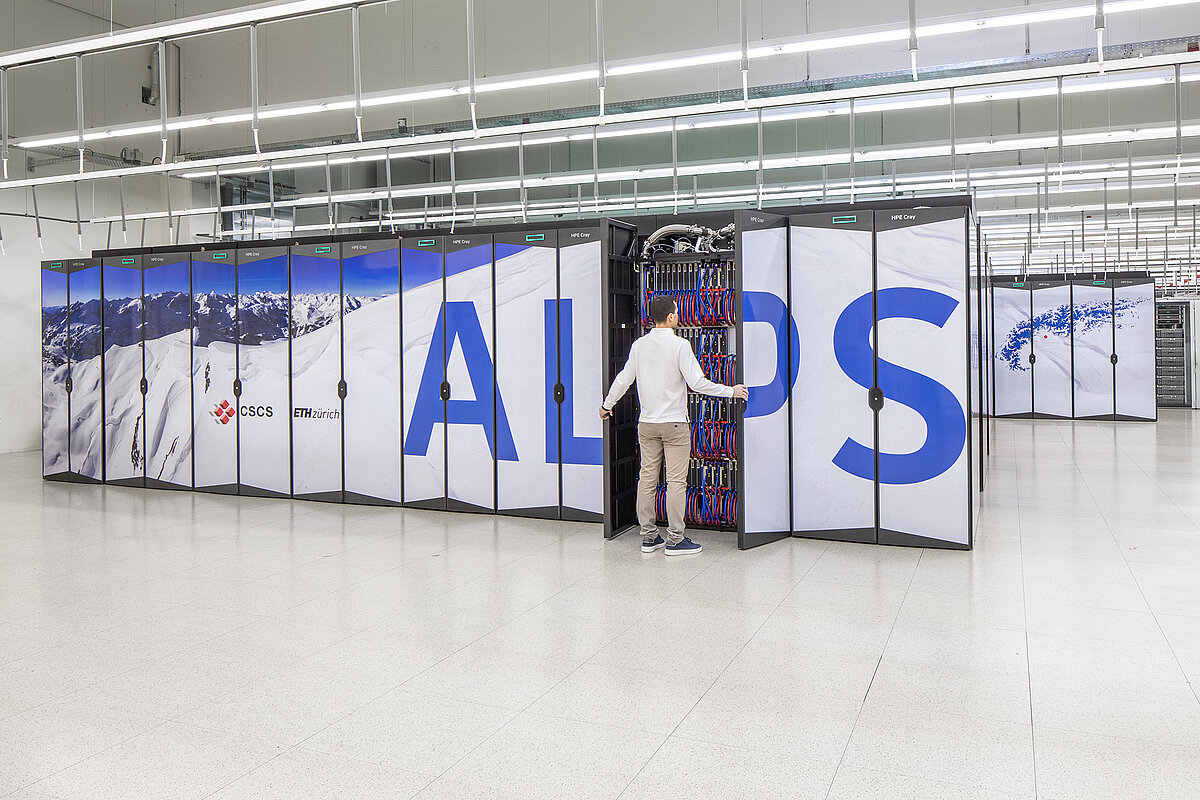
More
Swiss Alps supercomputer to leverage AI for science
Currently in the final testing phase, the model will be available for download under an open licence later this summer. It focuses on transparency, multilingual performance and broad accessibility.
The source code and training data will be transparent and reproducible, to encourage adoption in the scientific, governmental, educational and private sectors. This approach aims to promote both innovation and accountability.
“Fully open models enable high-trust applications and are essential for advancing research into the risks and opportunities of AI. Transparent processes also facilitate regulatory compliance,” explains Imanol Schlag, a researcher at ETH Zurich’s AI centre, who is piloting the project alongside Antoine Bosselut and Martin Jaggi at EPFL.
Massive multilingualism
A distinctive feature of the model is its mastery of more than 1,500 languages. “We emphasised massive multilingualism from the outset,” explains Bosselut in a press release on Wednesday.
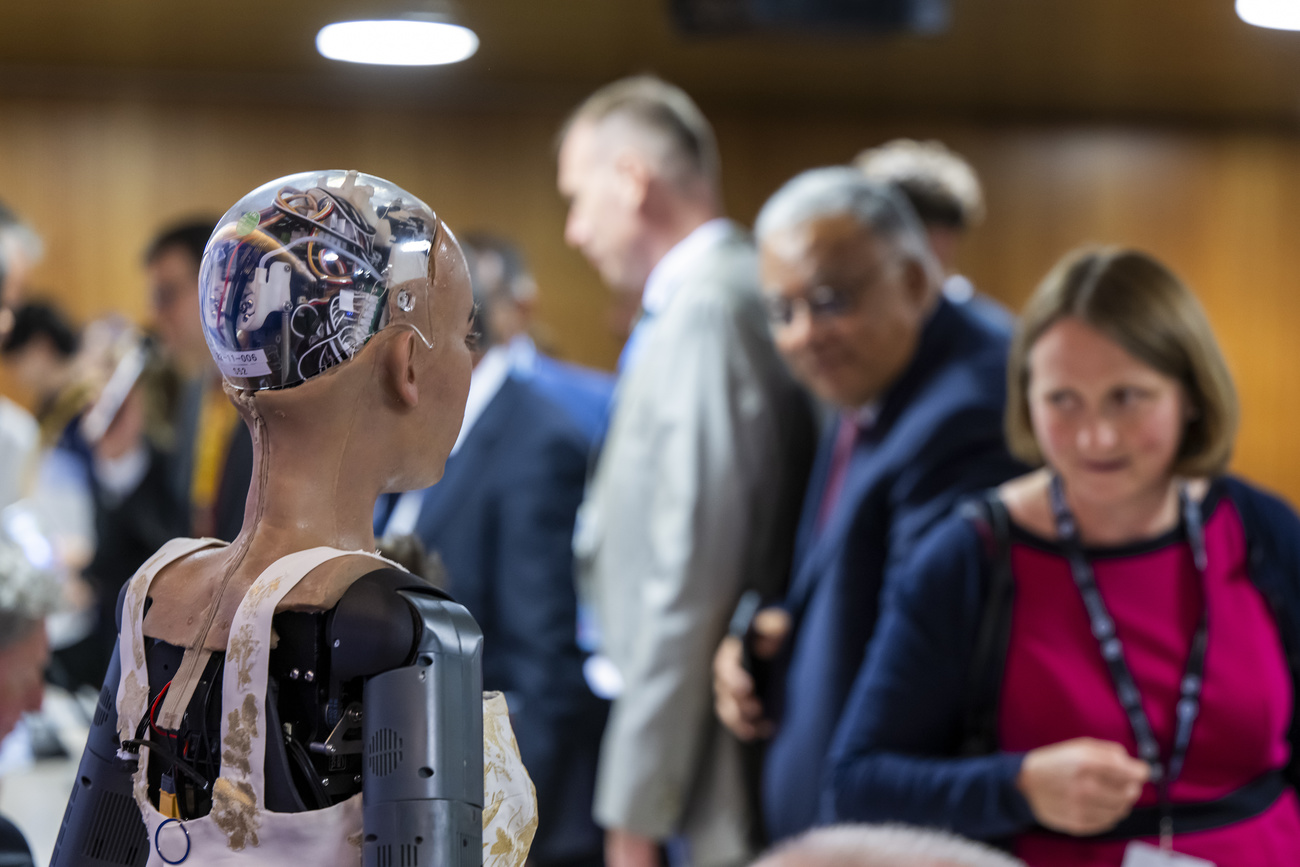
More
Can Switzerland steer a safe course to AI innovation?
Unlike American models, which focus on English, the basic model was trained on a vast corpus of texts in more than 1,500 languages – around 60% in English and 40% in other languages – as well as code and mathematical data. Thanks to this linguistic and cultural representation, the model can be applied anywhere in the world.
Full documentation will accompany the publication, detailing the model’s architecture, training methods and usage recommendations to enable transparent re-use and ongoing development.
Launched in December 2023 by the two federal institutes of technology, the Swiss AI initiative is supported by more than ten academic institutions across the country.
Translated from French by DeepL/sb
We select the most relevant news for an international audience and use automatic translation tools to translate them into English. A journalist then reviews the translation for clarity and accuracy before publication.
Providing you with automatically translated news gives us the time to write more in-depth articles. The news stories we select have been written and carefully fact-checked by an external editorial team from news agencies such as Bloomberg or Keystone.
If you have any questions about how we work, write to us at english@swissinfo.ch

In compliance with the JTI standards
More: SWI swissinfo.ch certified by the Journalism Trust Initiative



































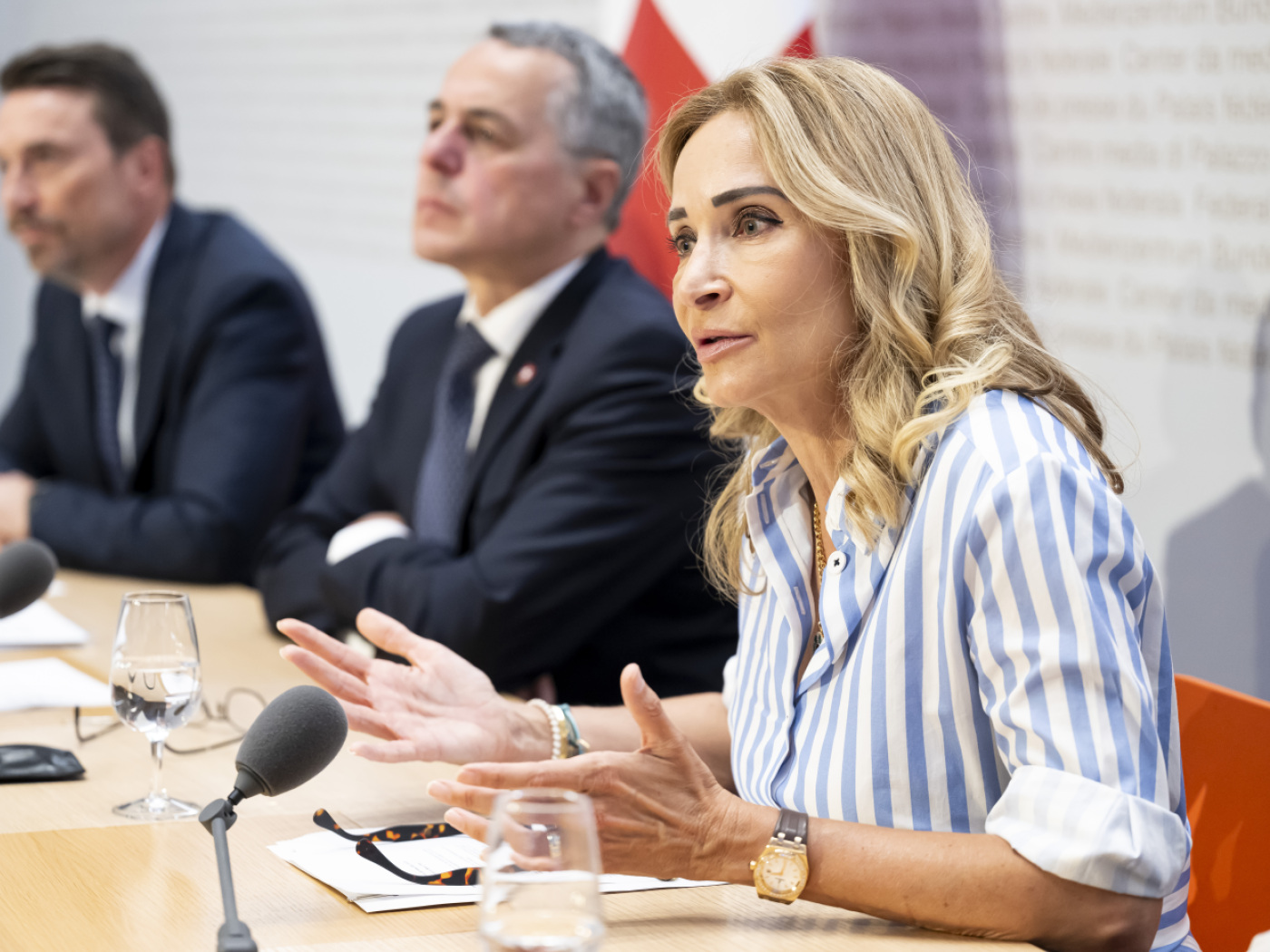





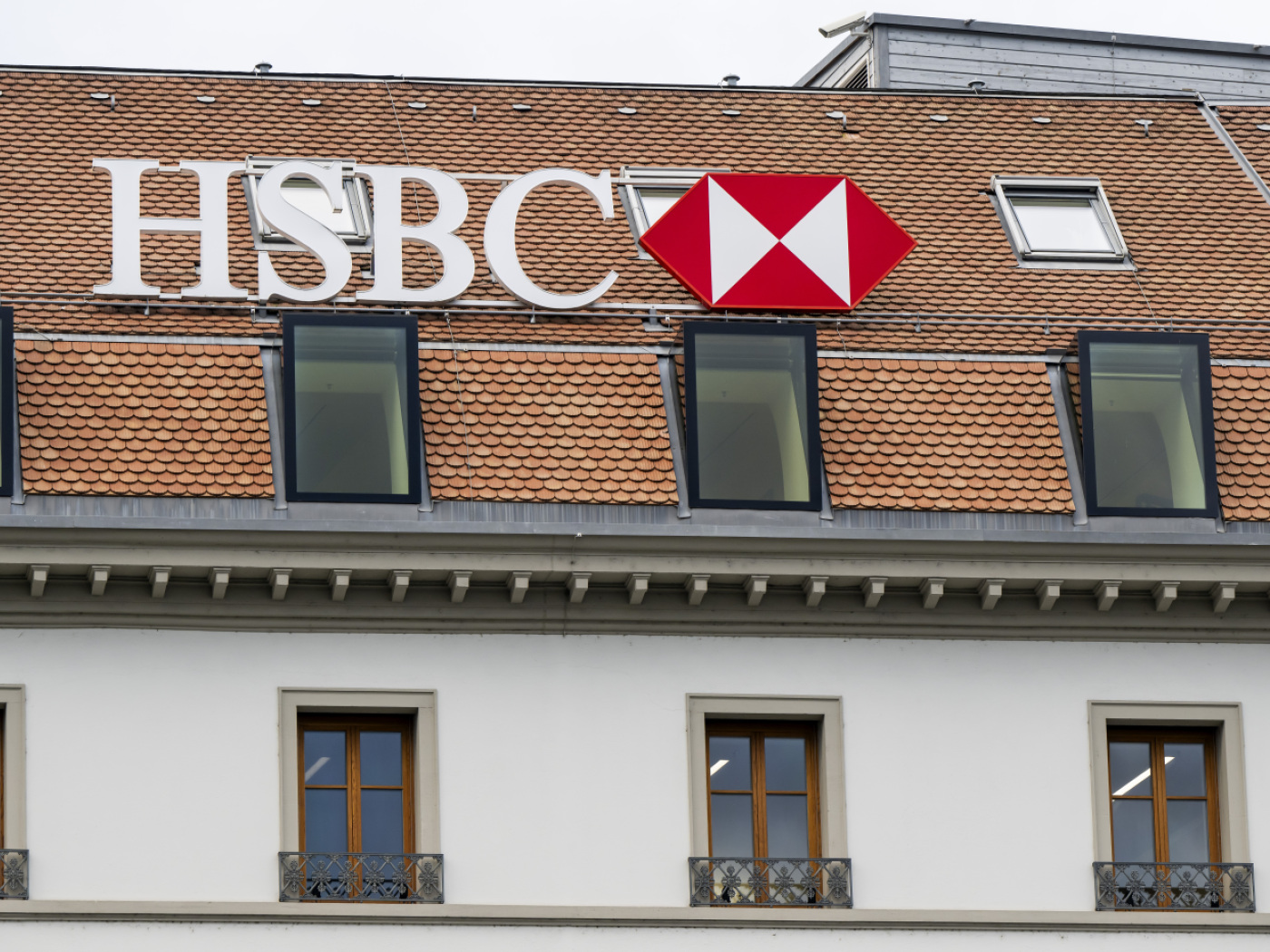

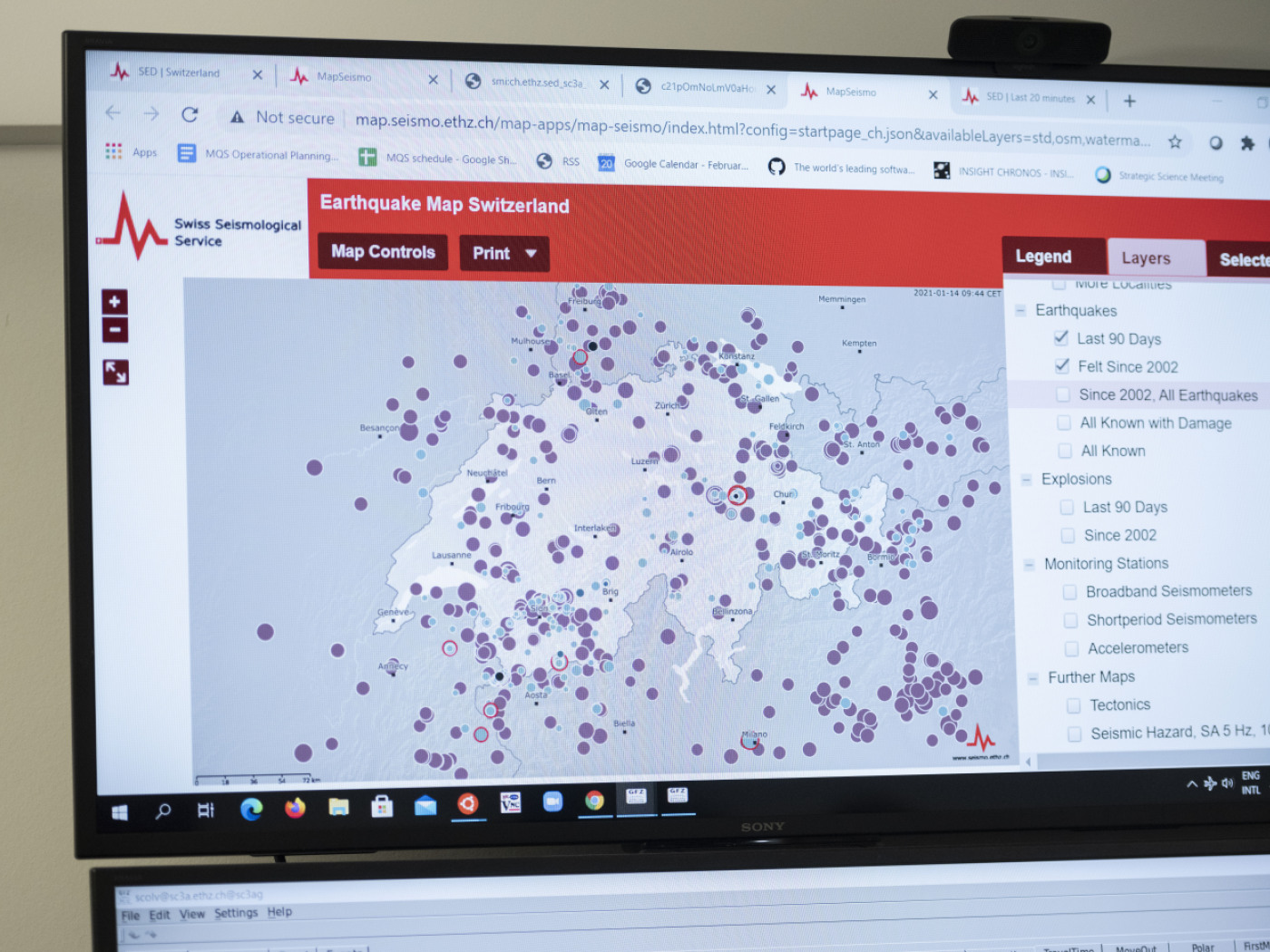

You can find an overview of ongoing debates with our journalists here . Please join us!
If you want to start a conversation about a topic raised in this article or want to report factual errors, email us at english@swissinfo.ch.